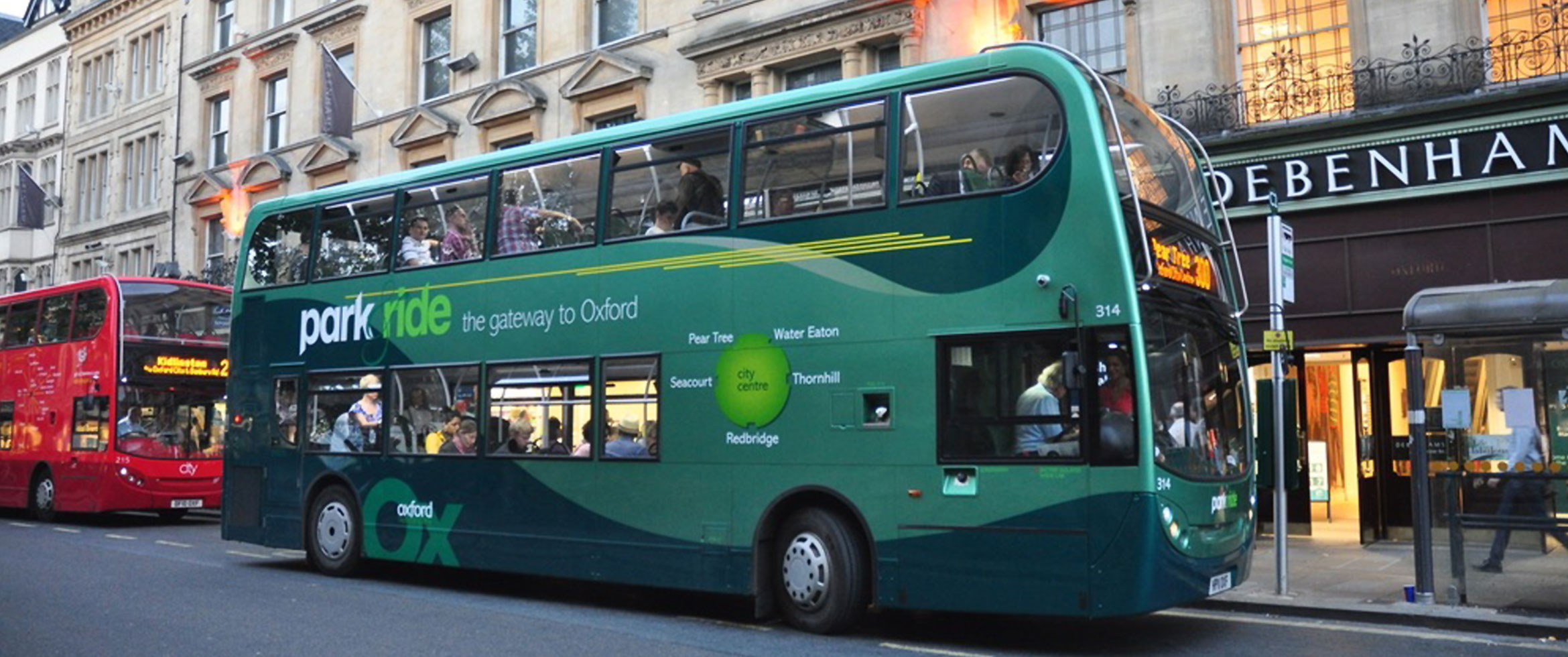Interdependence with the Environment: Commitment, Interconnectedness, and Environmental Behavior
Davis, J., Green, J., & Reed, A. (2009). Interdependence with the environment: Commitment, interconnectedness, and environmental behavior. Journal of Environmental Psychology, 29(2), 173-180.
Successfully Changing Individual Travel Behavior: Applying Community-Based Social Marketing to Travel Choice
Cooper, C. (2007). Successfully changing individual travel behavior: Applying community-based social marketing to travel choice. Transportation Research Record, (2021), pp. 88-99.
The Effect of Transportation Policies on Energy Consumption and Greenhouse gas Emission from Urban Passenger Transportation
Poudenx, P. (2008). The effect of transportation policies on energy consumption and greenhouse gas emission from urban passenger transportation. Transportation Research Part A: Policy and Practice, 42(6), 901-909.
Acceptability of single and combined transport policy measures: The Importance of Environmental and Policy Specific Beliefs
Eriksson, L., Garvill, J., & Nordlund, A. M. (2008). Acceptability of single and combined transport policy measures: The importance of environmental and policy specific beliefs. Transportation Research Part A: Policy and Practice, 42(8), 1117-1128.
Nature and/or Nurture? Analyzing the Determinants of Transit Ridership Across US Urbanized Areas
Taylor, B. D., Miller, D., Iseki, H., & Fink, C. (2009). Nature and/or nurture? Analyzing the determinants of transit ridership across US urbanized areas.
The Relationship Between the Built Environment and Nonwork Travel
Cao, X., Mokhtarian, P. L., & Handy, S. L. (2009). The relationship between the built environment and nonwork travel: A case study of Northern California
An Exploration of Household Response to Personal Travel Carbon-Reduction Targets
Tight, M., Vicat, A., Bristow, A., Pridmore, A., & May, A. (2007). An Exploration of Household Response to Personal Travel Carbon-Reduction Targets. International Journal of Sustainable Transportation, 1(3), 143-159.
Travel Socialization: A Social Theory of Travel Mode Behavior
Baslington, H. (2008). Travel Socialization: A Social Theory of Travel Mode Behavior. International Journal of Sustainable Transportation, 2(2), 91-114.
Factors Influencing the Decision to Drive or Walk Short Distances to Public Transport Facilities
Walton, D. & Sunseri, S. (2010). Factors Influencing the Decision to Drive or Walk Short Distances to Public Transport Facilities. International Journal of Sustainable Transportation, 4(4), 212-226.
Attitude-Based Target Groups to Reduce the Ecological Impact of Daily Mobility Behavior
Hunecke, M., Haustein, S., Böhler, S., & Grischkat, S. (2010). Attitude-based target groups to reduce the ecological impact of daily mobility behavior. Environment and Behavior, 42(1), 3-43.



